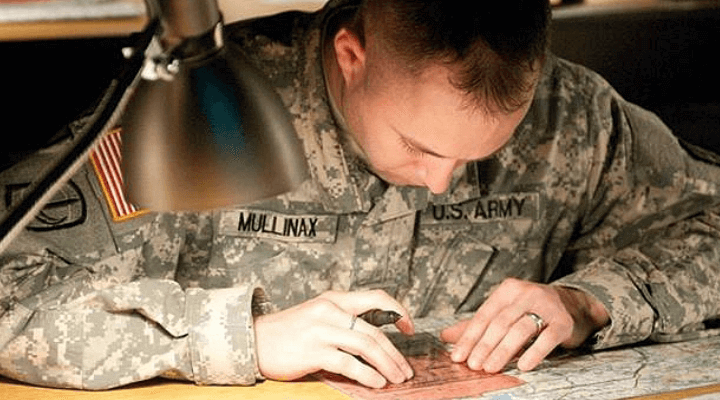Since September 11, 2001, many Americans have entered the military with not only the intent of serving their country, but also earning educational benefits they could use once out of the military. Since August 2009, when the Post 9/11 GI Bill went into effect, almost a million veterans have used or are currently using their GI Bill benefits to attend school.
When skill isn’t enough
While military training, schools and deployments teach many useful skills, veterans often find that skills alone are often not enough to succeed in today’s job market; veterans need both skills and a post-secondary education to remain competitive. They simply have a better chance of building on their skills foundation by supplementing it with a degree, certification, certificate or license.
Classroom culture shock
Starting school too soon after returning home can have its consequences. Some veterans soon realize they may not yet have fully recovered from their combat zone deployment. For veterans returning from a combat zone diagnosed with Post Traumatic Stress Disorder (PTSD), a typical college campus environment of large crowds and loud noises simply doesn’t work – at least not right away. Many war veterans avoid the sometimes-stressful college environment by taking online courses; others prefer online programs because it fits their new busy lifestyle better.
Online classes help transition
Combat veterans can delay either starting school or going back to school until they have had time to decompress and get back to a normal routine. Once ready, many veterans choose the online option because they like the flexibility of going to school on their terms. Veterans who have a young family like the online option because they can do their coursework after the children are in bed and in smaller chunks of time throughout the day. For today’s veterans, taking courses online gives them an education option that until just a few years ago was not available.
Going the campus route
Other returning military members with PTSD decide to go the classroom route because of the degree plan they have chosen. With a degree major that has a lot of labs, attending day or evening classes on campus makes the most sense for them.
But because veterans are different from the traditional college student, many find they don’t have anything in common with their non-veteran classmates. When classmates ask veterans about their military experiences, they find it hard to explain in terms their civilian student counterparts will understand.
Some veterans find an orientation class tailored to them helpful. The class gives them a good understanding of what to expect when going into a classroom with non-veterans that are typically a lot younger than themselves.
Help for college-bound veterans
Not all schools have veteran programs though. Without this help, veterans attending on-campus classes often find themselves overwhelmed with the red tape of the admission and enrollment process. Fortunately, many colleges do recognize the unique veteran student and have set up different programs including veterans-only classes, seminars on adjusting to college life, and “one-stop shops” where veterans have a single point of contact to get into college and signed up for classes. It’s usually free and can really smooth out the road to class as far as getting enrolled and into classes.
All these programs are intended to get veterans into college with the least amount of frustration; experience has shown the programs are extremely successful for both veterans and the schools. With programs in place allowing veterans to slowly adjust to college life instead of being thrown back into it, most veterans do very well taking on-campus classes.
Veterans’ educational benefits extend far beyond just the veteran. Their families, as well as their communities and employers, are all positively impacted by this special group of heroes as they work to finish their education, raise their families and advance their careers.




